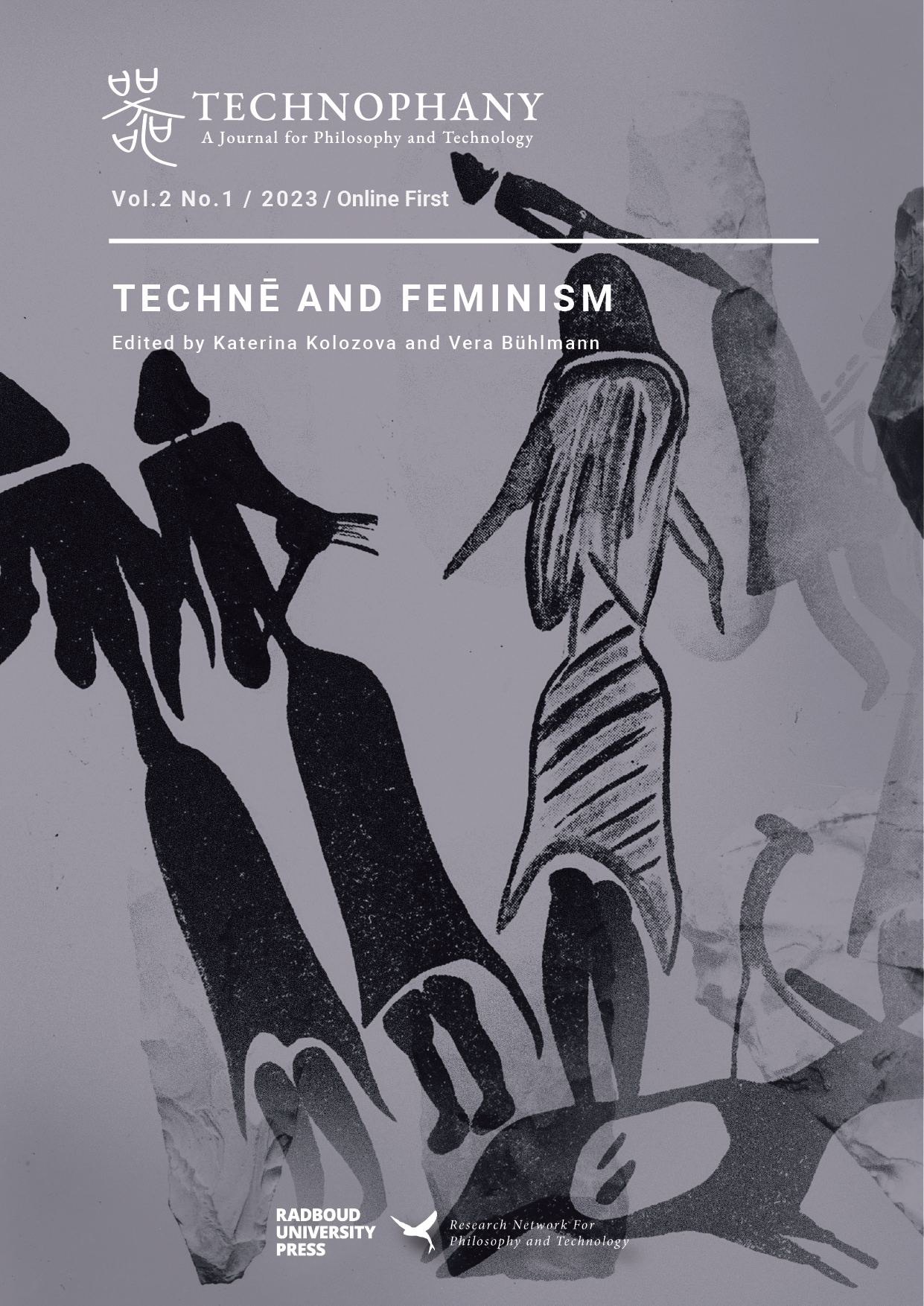The Physiology of Money
Containment and Circulation in the Alternative Economy
DOI:
https://doi.org/10.54195/technophany.13843Keywords:
Alternative money, Algorithms, Europe, Ethnography of OrganisationsAbstract
This article presents an ethnography of alternative currencies that foregrounds the notion of “circulation”. Building upon a long legacy wherein money is equated with a primary life force—being either water or blood—that is contained within a body, “circulation” became a dominant metaphor for the use of money from the mid-seventeenth century onwards. Imagining money as a liquid that flows and circulates means that remedying economic inequalities and injustice is often reduced to a matter of redistribution. Instead, money is itself an institutional project engineered to distribute resources and authority based on a philosophy of growth and accumulation. Alternative currency initiatives aim to re-design, rather than re-distribute, money. Importantly, they believe the technological fix of a circular software system effectively does away with the inequalities of the capitalist mode of production. What happens when on-going practices towards systemic change converge on money and the economic “body” of a local community is imagined as software?
Downloads








